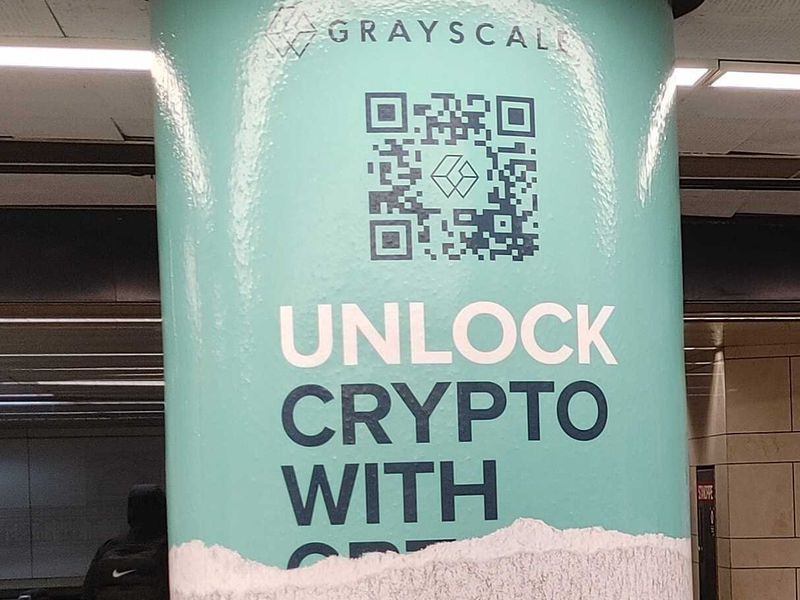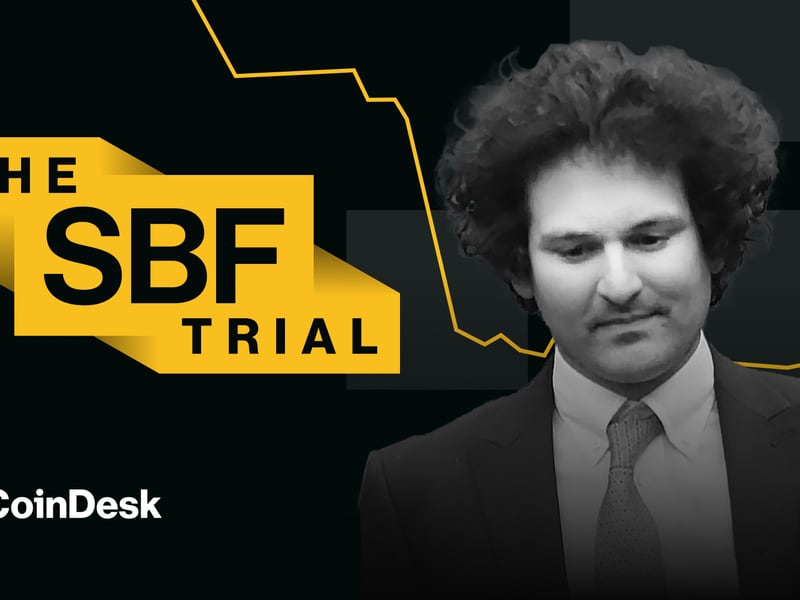What to Expect From Ethereum’s Cancun-Deneb Upgrade
The Ethereum blockchain has seen significant upgrades in recent times, enhancing its scalability, efficiency, and security. These improvements address the blockchain trilemma — the challenge of balancing security, decentralization and scalability. These ongoing enhancements are crucial for improving network performance while keeping costs low.
The upcoming Ethereum Cancun-Deneb (“Dencun”) hard fork upgrade is set to be deployed on the mainnet on March 13. This upgrade will prioritize scalability, efficiency and security through various Ethereum Improvement Proposals (EIPs), notably EIP-4844 for proto-danksharding. This proposal aims to optimize gas fees and enhance network scalability.
You’re reading Crypto Long & Short, our weekly newsletter featuring insights, news and analysis for the professional investor. Sign up here to get it in your inbox every Wednesday.
The Dencun upgrade marks the beginning of “The Surge” era in Ethereum’s roadmap, paving the way for achieving mass scalability through layer-two rollups. These rollups will make Ethereum more accessible and user-friendly, driving adoption and utility across various sectors, including DeFi 2.0.
The Benefits of Layer-2 Rollups
Layer-2 rollups enhance Ethereum’s scalability and efficiency by processing transactions off-chain while preserving the security assurances of the main Ethereum blockchain (Layer-1). They have the following characteristics:
-
Off-Chain execution: Processing transactions off-chain enables quicker and more cost-effective throughput without competing for space on the Ethereum blockchain.
-
Transaction aggregation: Results of multiple transactions are aggregated or bundled into a single compressed form of transaction data after off-chain execution.
-
Posting to main chain: The compressed transaction data, or rollup, is then posted to the Ethereum main chain (Layer-1).
-
Data availability: Despite off-chain processing, the main Ethereum blockchain ensures that transaction-related data remains accessible and verifiable by all participants.
-
Security: Layer-2 rollups maintain the security guarantees of the Ethereum network through various cryptographic techniques.
Significance of EIP-4844 for Proto-Danksharding
EIP-4844, or Proto-Danksharding, aims to significantly enhance the network’s scalability by introducing temporary data blobs attached to blocks. This innovation reduces processing costs and increases throughput by:
-
Temporary data blobs: These storage spaces attached to Ethereum blocks allow additional data to be included in transactions without directly interacting with the Ethereum Virtual Machine (EVM).
-
Lower processing costs: Efficient handling of transaction data via blobs leads to lower gas fees for users, potentially driving average transaction costs below $0.01.
-
Increased throughput: EIP-4844 enables higher transaction throughput, potentially reaching speeds of up to 100,000 transactions per second (TPS).
-
Facilitating Layer-2 solutions: The proposal is expected to benefit Layer 2 scaling solutions, such as rollups, by providing additional temporary storage space.
Trading Outlook around the Cancun-Deneb Upgrade
Ethereum’s network transitioned from Proof-of-Stake to Proof-of-Work in 2022 (the “Merge”), with ether becoming a deflationary asset as a result. Currently, more than 25% of Ethereum’s total supply is locked in staking platforms, significantly reducing the available supply for trading or investing. This shock coincides with a burning mechanism reducing ETH supply by 0.21% per year.
Dencun is expected to act as a positive catalyst for ETH. Ether holders have significantly reduced their exposure to exchanges by transferring more than $1.3 billion worth of ETH into private wallets. Recent data from Bloomberg shows the ETH/BTC spot ratio retracting to 0.5, reminiscent of post-Luna/Terra levels in 2022.
This presents a reasonable entry point for Ethereum enthusiasts. Moreover, there has been a surge in short-term call buying for ETH, with traders anticipating a move towards $4,000 by the end of March. Traders also favor buying March 2024 calls and selling April 2024 calendar strategies. Traders’ bullish sentiment is evident in the market, with approximately $2.5 billion worth of ETH calls and $1 billion worth of ETH puts in notional value.
:format(jpg)/cloudfront-us-east-1.images.arcpublishing.com/coindesk/2N7ZGOLEW5CZXD5WVFLYMWBSKA.png)
As we look ahead, in addition to ether, other high beta names in Layer 2 are also poised to benefit from the Dencun upgrade. Layer 2 networks like Arbitrum (ARB) and Optimism (OP), which bundle transactions before posting them back to the main chain, are expected to reap significant advantages from the introduction of data blobs, for instance.
Edited by Benjamin Schiller.








